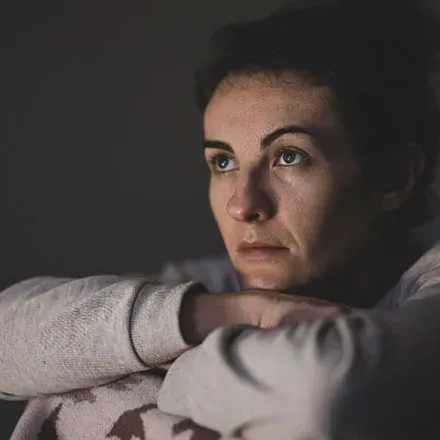How to Prevent Osteoporosis After Menopause
Mar 16, 2023

The density of your bones determines your likelihood of fractures, and many women experience a hormone-related decline in their bone density around menopause. Consider taking action today to prevent osteoporosis in the future.
Every bone in your body is constantly regenerating, replacing old cells with new. This process never truly stops in your lifetime, but the rate at which bone cells regenerate can slow down to the point that new cells don’t replace the old cells at an equal rate. If you have osteoporosis, this discrepancy is particularly significant and can leave you with brittle bones at a high risk of sustaining fractures.
Slower bone regeneration is among the many changes your body goes through when you reach menopause sometime in your 40s or 50s. Estrogen is a hormone that is highly important for the health of your bones, and its production significantly slows down when you reach menopause. Alongside concerns about insomnia, hot flashes, and fatigue, you should discuss the risk of osteoporosis with a trusted physician.
Board-certified pain management specialist Nikki Fox, DO, and experienced nurse practitioner Amy Gregor, NP, can talk to you about your osteoporosis risk factors as you approach menopause and can monitor your bone density with osteoporosis screenings. At DFW Spine Joint and Pain in Fort Worth, Texas, they provide services to help you maintain enough bone density to prevent fractures.
If you’re beginning to experience the symptoms that come with hormone fluctuations leading to menopause, now is an excellent time to take action to prevent osteoporosis. Here’s what you need to know.
Maintaining a healthy lifestyle is critical
Any physician will tell you of the importance of a balanced diet and exercise for staying strong and minimizing a plethora of health risks. These actions are equally important for warding off osteoporosis as you get closer to menopause.
While building your diet, try to center plenty of nutrient-rich foods containing vitamin D and calcium. If you’re not sure where to start, here’s a list of options to include in your meals:
- Leafy greens like spinach and kale
- Dairy products
- Fish like salmon and sardines
- Beans
- Soyfoods
- Oranges
- Figs
You need plenty of calcium in your diet because your bones are full of the nutrient and your body will steal calcium from your bones in order to combat a deficiency. Vitamin D is equally important because it helps your body absorb calcium, and you can absorb it by spending time in the Texas sunshine. You can find both vitamin D and calcium supplements in the aisles of your local drugstore, too.
In addition to dietary improvements, you should try to exercise for 30 minutes a day to maintain your bone strength, limit alcohol, and avoid smoking.
Work on your balance
Osteoporosis and weak bones leave you at a high risk of fracturing your bones when you trip, fall, or withstand any impact. As you go through an exercise or rehabilitation program, be sure to focus on exercises and practices that improve your balance. You might also consider installing aid devices in your home like railings on the stairs or a gripped shower mat to keep you from slipping.
When a healthy lifestyle doesn’t make the cut
Based on the results of a bone density test called a DEXA scan, you might find that you’re at risk of osteoporosis and, in turn, a risk for bone fractures. This is common for women in menopause.
Our experts at DFW Spine Joint and Pain may recommend a hormone replacement therapy (HRT) program to supplement your estrogen levels after they’ve lowered in menopause. HRT with estrogen doses you with bioidentical estrogen that interacts with your body’s hormone receptors just like your natural hormones. This estrogen slows down the breakdown of your bones, which gives them a more ample chance to regenerate.
Since menopause is the most common cause of osteoporosis, HRT is not uncommon among menopausal women. Our team fills you in on what to expect from the therapy and monitors you closely as you go through HRT.
If you’re getting closer to menopause by the day, it’s time to learn more about your osteoporosis risk. Schedule an appointment over the phone with us at DFW Spine Joint and Pain or book a visit online today.
